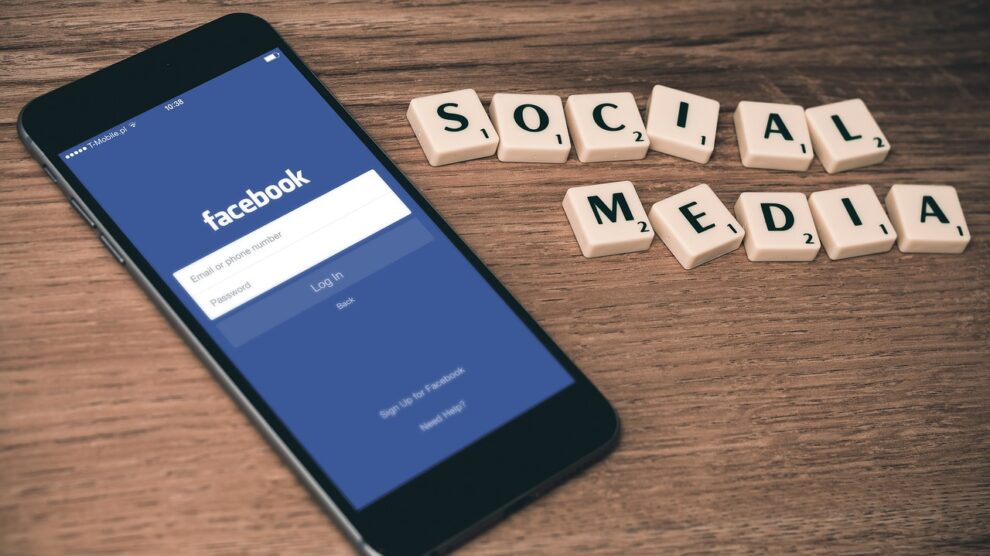Facebook, Instagram, Tweeter, Wechat, Snapchat… Who does not have or has not used at least one of them? In fact, it is customary to use almost all of these social media on a day-to-day basis. The average user spends hours every day connected to social networks today. However, these social networks record an enormous amount of information about us every day, which can also lead to other personal data from other different websites that have suffered a security breach.
To protect you from all the dangers that threaten your privacy, here are some tips to stay safe on social networks in addition to installing Nakivo 365 backup for reserve data copying.
Don’t be lazy; log out before leaving
Despite the convenience of clicking X to close the browser, or even close the laptop, it is never a bad idea to log out, especially on public or other computers, because you never know who can use it behind you, and find yourself open session.
Make sure who you add as a friend
The time to see who had the most friends on social networks to be more popular is long gone. There are strange people out there who, for whatever reason, want to add us as friends. It may be confused people who thought you are someone they know, or it may just be a bot. Or it may be a scammer or someone dangerous who wants to follow your movements. It is never a bad idea to be careful and be sure of who we want to have in our inner circles.
Privacy options are our best allies
Wherever it is, our privacy should always be our top concern on social media. We have to choose to whom all the information that we are going to give is directed and who will be the ones who will see our activity. This prevents stalkers and people we do not want to be around for whatever reason, from following step by step our entire lives on the internet.
Private browsing
A classic that many people do not know. Using this type of navigation, the software that we use to visit web pages will not store a massive amount of information that can then be used by third parties (mostly when we talk about advertising or even price increases).
Don’t give all the information in your profile
Facebook, for example, asks us about our interests, our location, where we study, or even if we have a partner. The truth is that all this data, of course, is not mandatory, and it only serves large companies to establish a profile with which to present ourselves. You can simply omit specific points, or even not write anything.
Be cautious of the location function
Almost all apps nowadays ask you for permission on your mobile phone to access your current location. If you are using the GPS in the car, it makes sense, but if the calculator or the flashlight asks for it… Be wary!
Look at your profile from another point of view
Many social networks have the option “View as,” in which you can see your profile from the point of view (as if you were in their account) of a friend or any third person. If not, you can always use another account to see what other people can know about you just by looking at your profile. Many times we forget what we posted years ago, but be careful! The internet does not forget.
The password, our best shield
It seems obvious, but having a strong password will always be the difference between enjoying the numerous accounts of adorable cats on our social network to suffering a security breach that ends with our data in possession of someone unwanted. Although using your date of birth as a password may seem like a good idea, my friend, it is not. Try not to repeat passwords with other websites (because if they have a security breach, they will also have your data), as well as using very complex passwords alternating letters, numbers, and symbols.
Surfing the internet can be fun. It can be lucrative and educational, but you have to know how to cover your back and not let anyone take advantage of you or give you a hard time. Stay alert and protect yourself!





